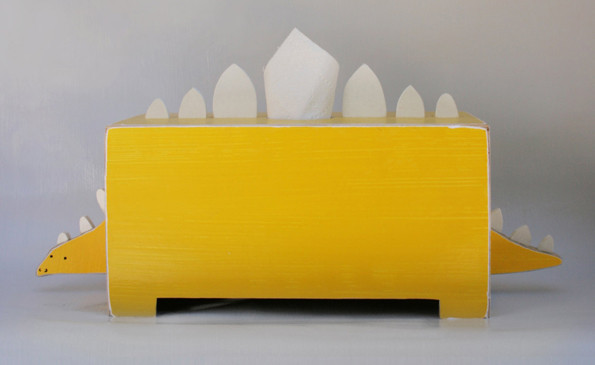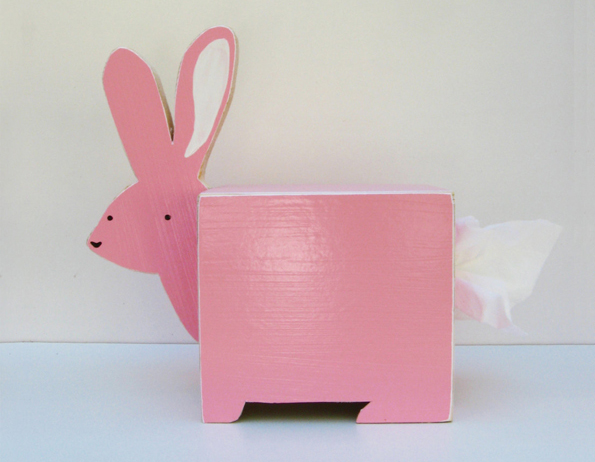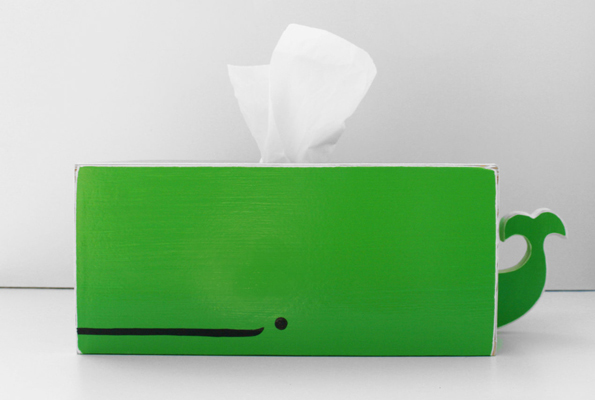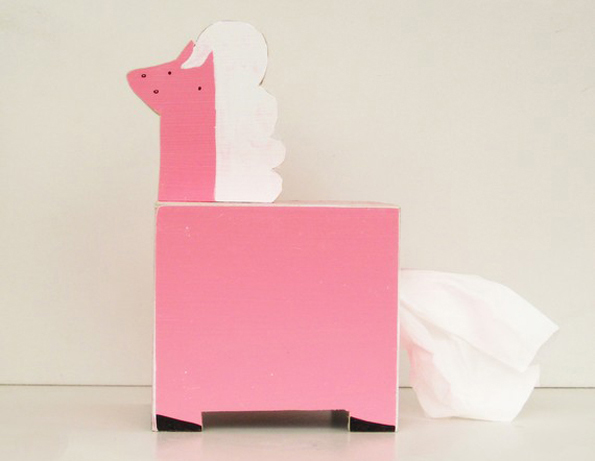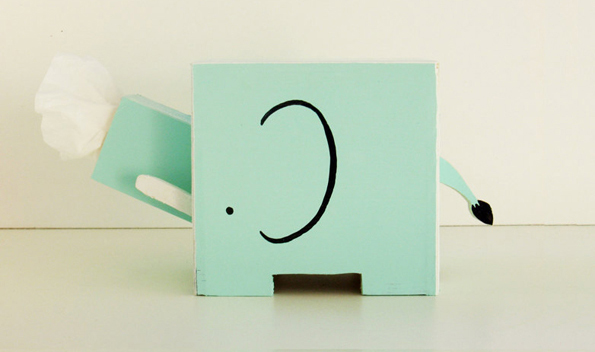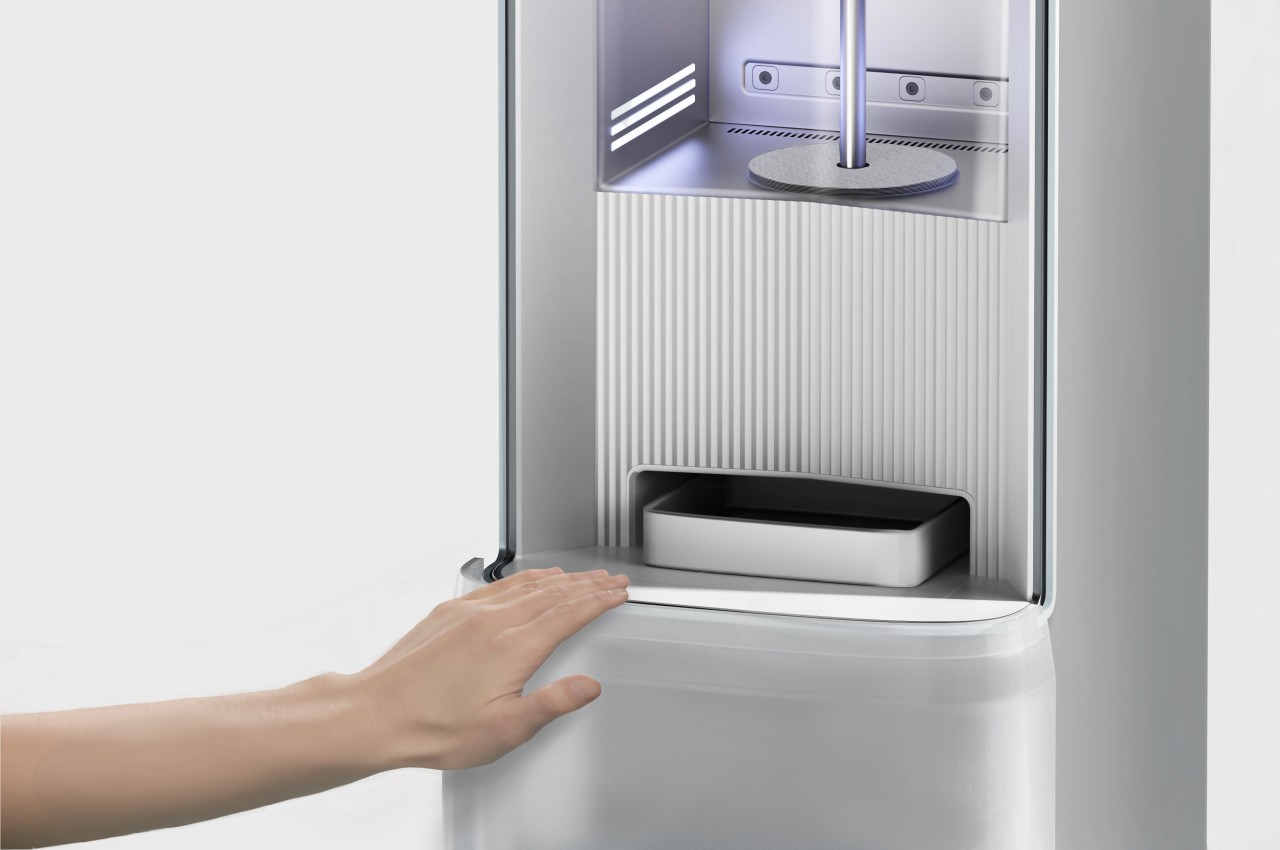
Since viruses and harmful microorganisms are known to stick to certain surfaces for long periods of time, some people have gotten the habit of wiping down tables, shelves, door handles, and even chairs before using them. While it is definitely a commendable hygienic practice, it has also increased the use of products such as wet wipes. Contrary to popular misconceptions, these aren’t simply “wet tissues” since real tissue paper easily breaks down when wet. Unfortunately, the synthetic materials in wet wipes turn them into environmental hazards in the long run, essentially on the same level as plastics. Rather than discourage a good habit, this concept attacks the problem from a different angle by essentially providing wet wipes that can be cleaned and reused rather than being thrown away all the time.
Designer: Yeounju Lee
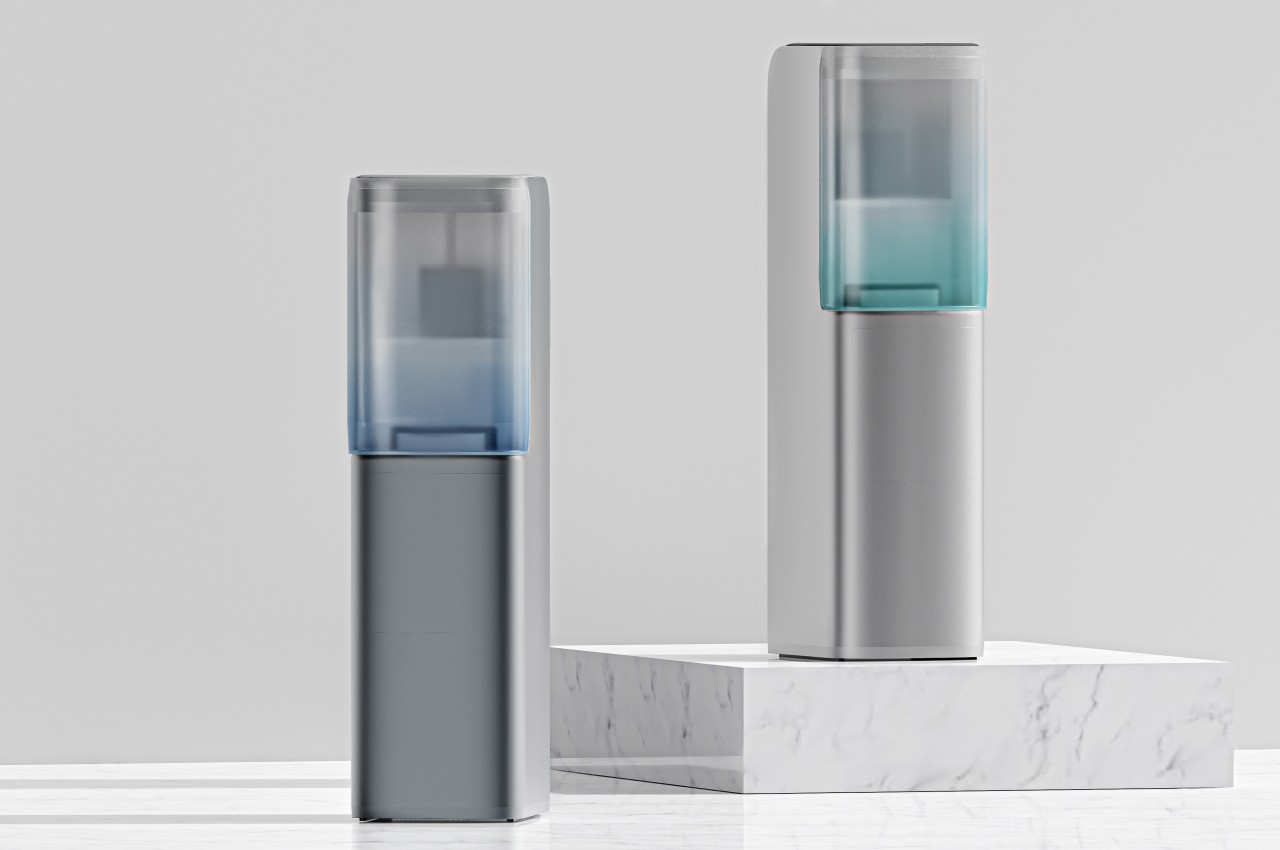
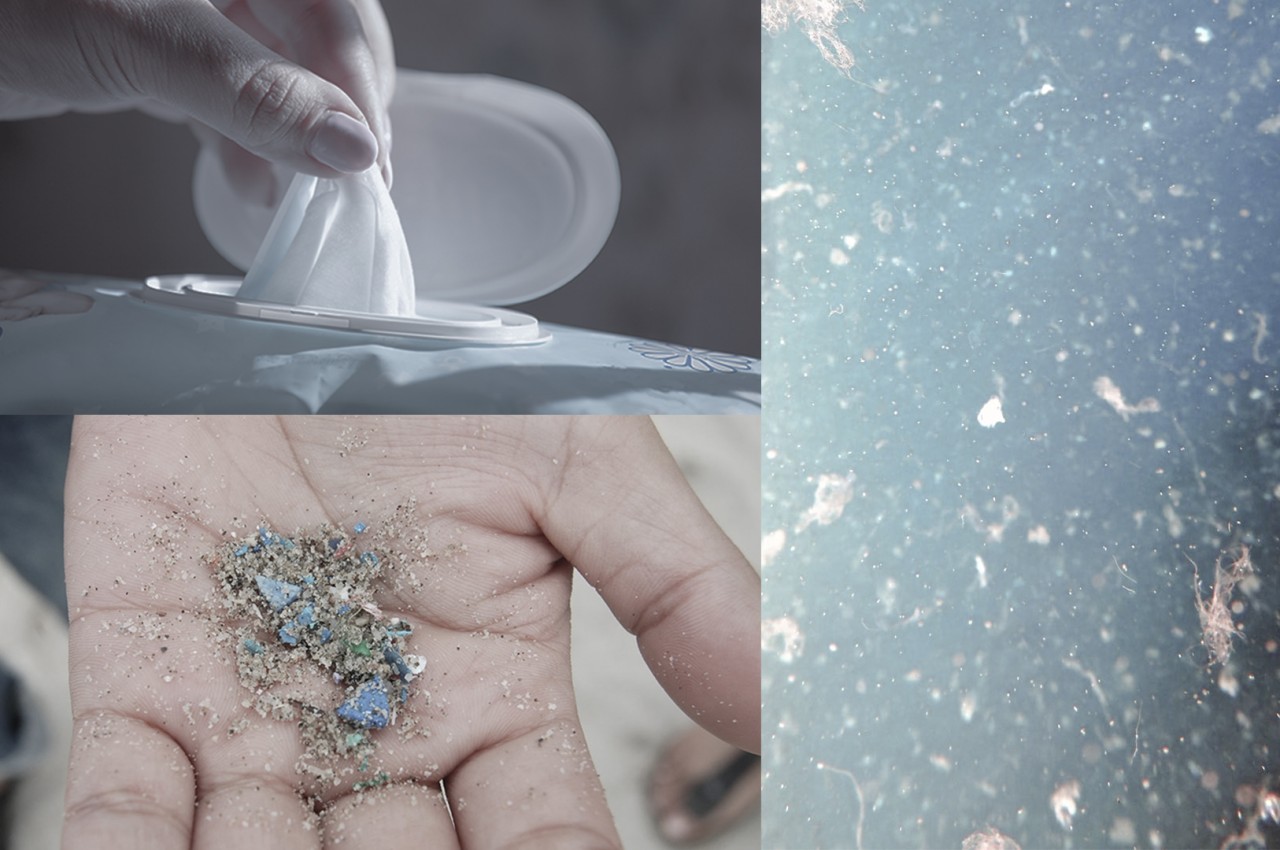
Despite their appearance as thick tissues or thin pieces of cloth drenched in disinfectant like alcohol, the majority of wet wipes are actually made partly from polyester or polypropylene fibers, sometimes interwoven with organic fibers like cotton or wood pulp. This means that these wipes don’t actually break down when you flush them down toilets, and definitely not after they’ve reached sewers or other places you might not want to imagine. It can take hundreds of years for these to actually decompose, meanwhile posing a problem, not unlike typical plastics.
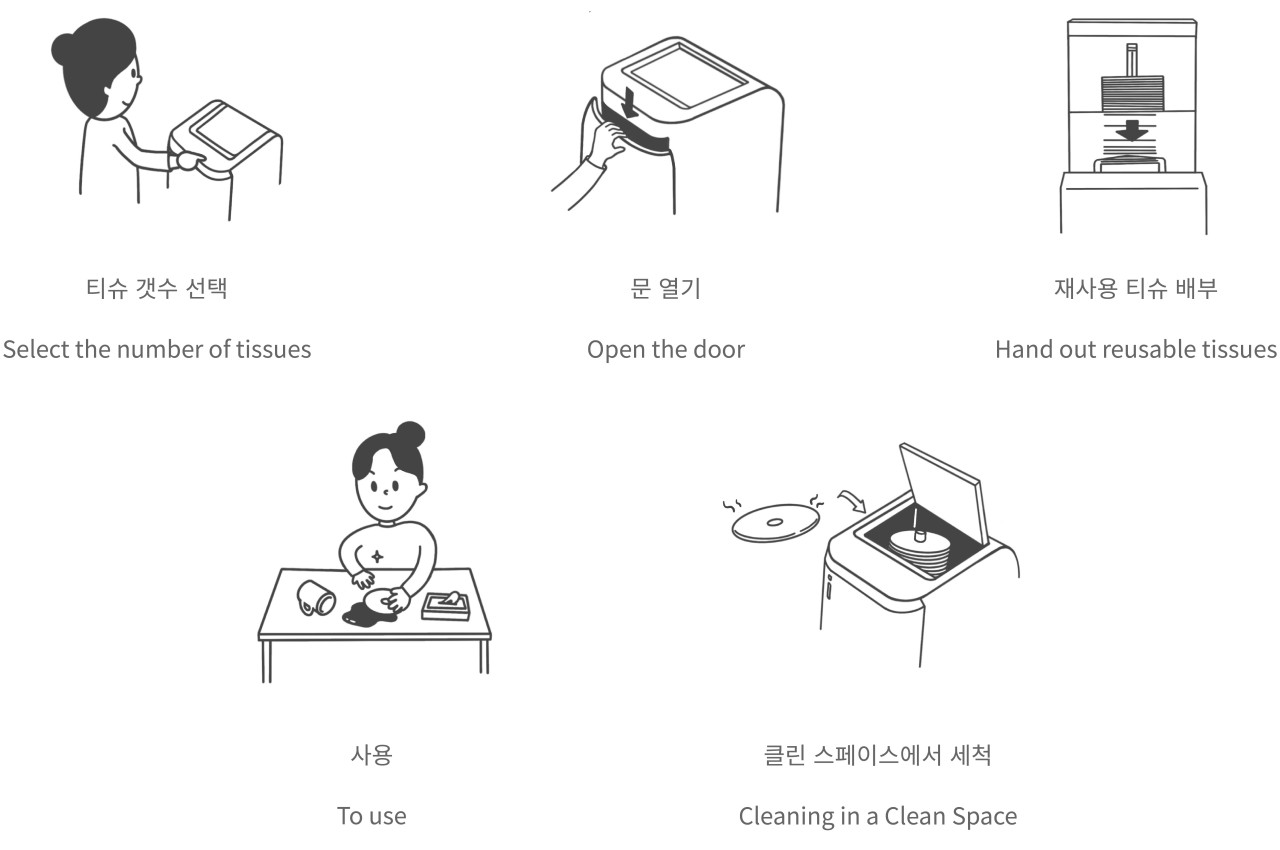
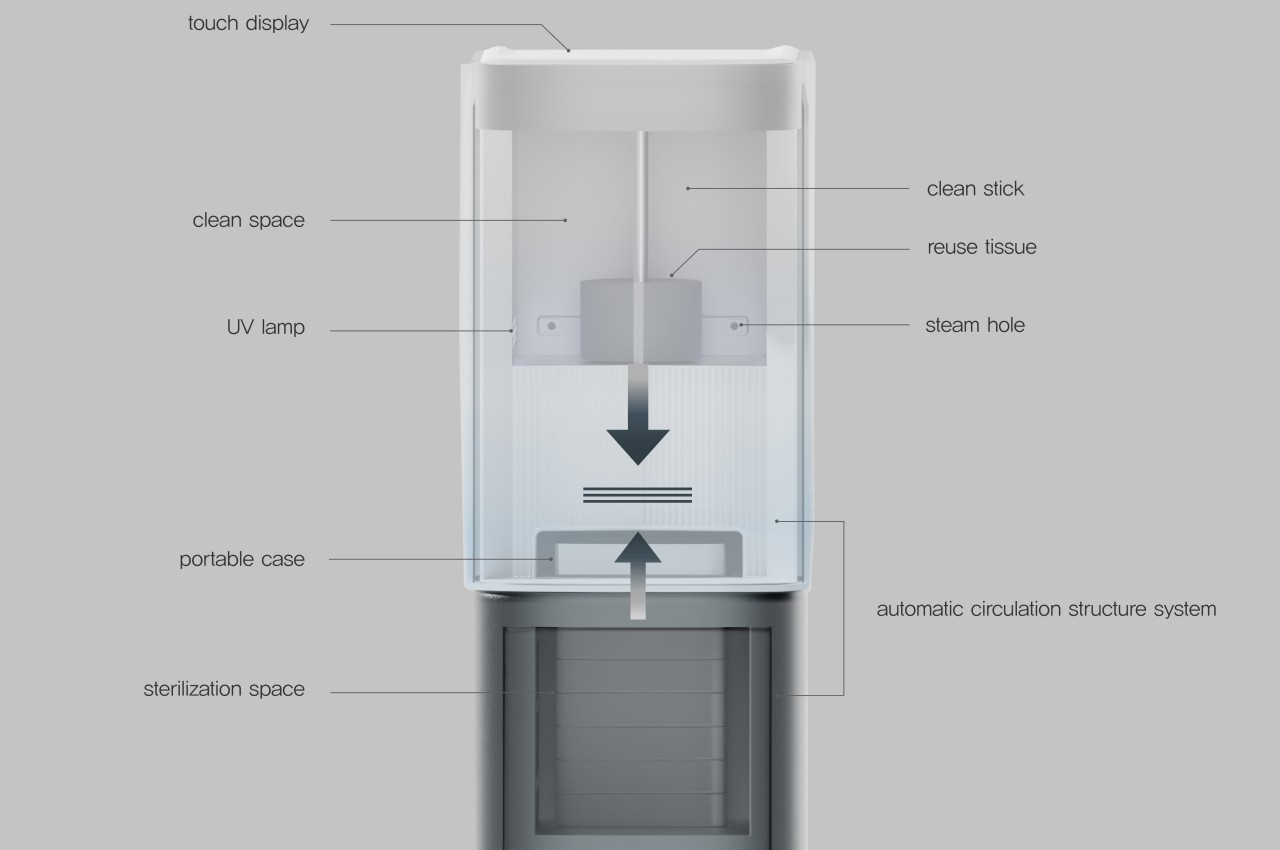
The problem is that, like common plastic, wet wipes are convenient. Their small packages can be slipped into bags easily, and they are like a cross between tissue paper and cloth. A wiping cloth would, of course, be more economical and more environment-friendly, but the chore of washing and sanitizing after each use is too high a cost for many people. What if we could automate that last bit almost the same way we automate washing our own clothes? Re:clean is a concept that proposes exactly that, to make single-use wet wipes into reusable wet tissues.
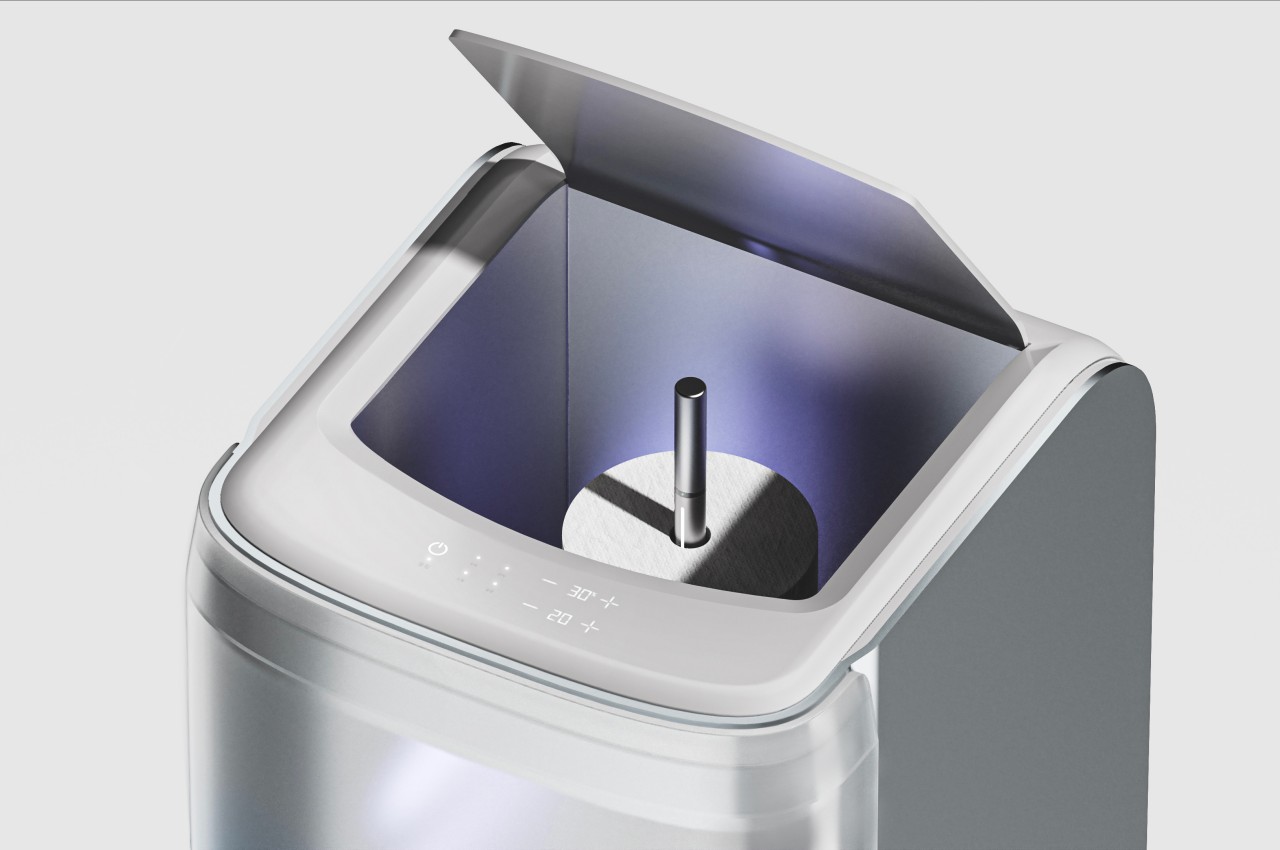
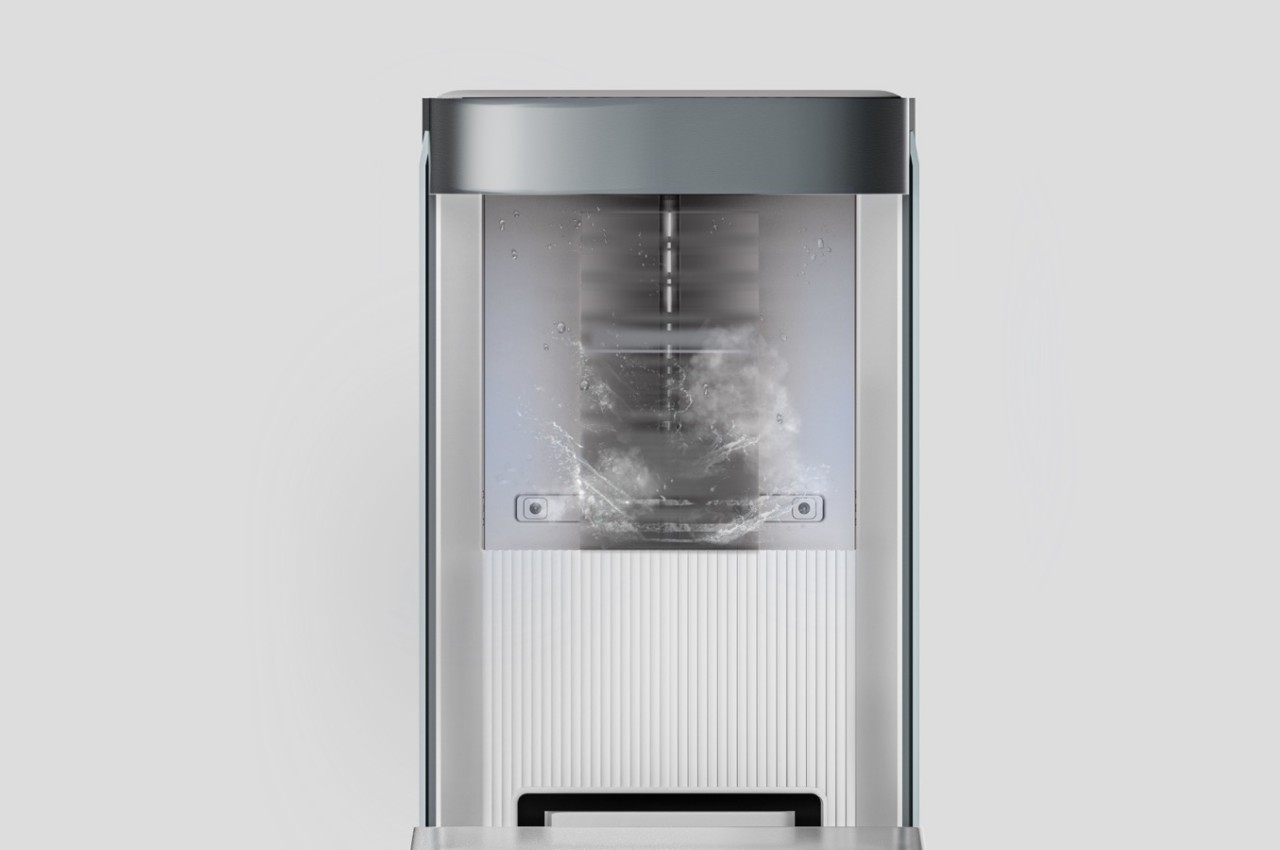
Re:clean is practically an appliance that cleans, disinfects, wets, and dispenses these wet tissues that curiously come in the shape of a circle with a hole in the middle, pretty much like a CD. Used pieces are loaded onto a spindle from the top, while cleaned wet tissues are collected in portable storage boxes that you just pull out and put in a bag, ready to be used at any time. The machine has controls that let the user select the amount of water content the tissues will hold or the number of tissues to be dispensed per box.
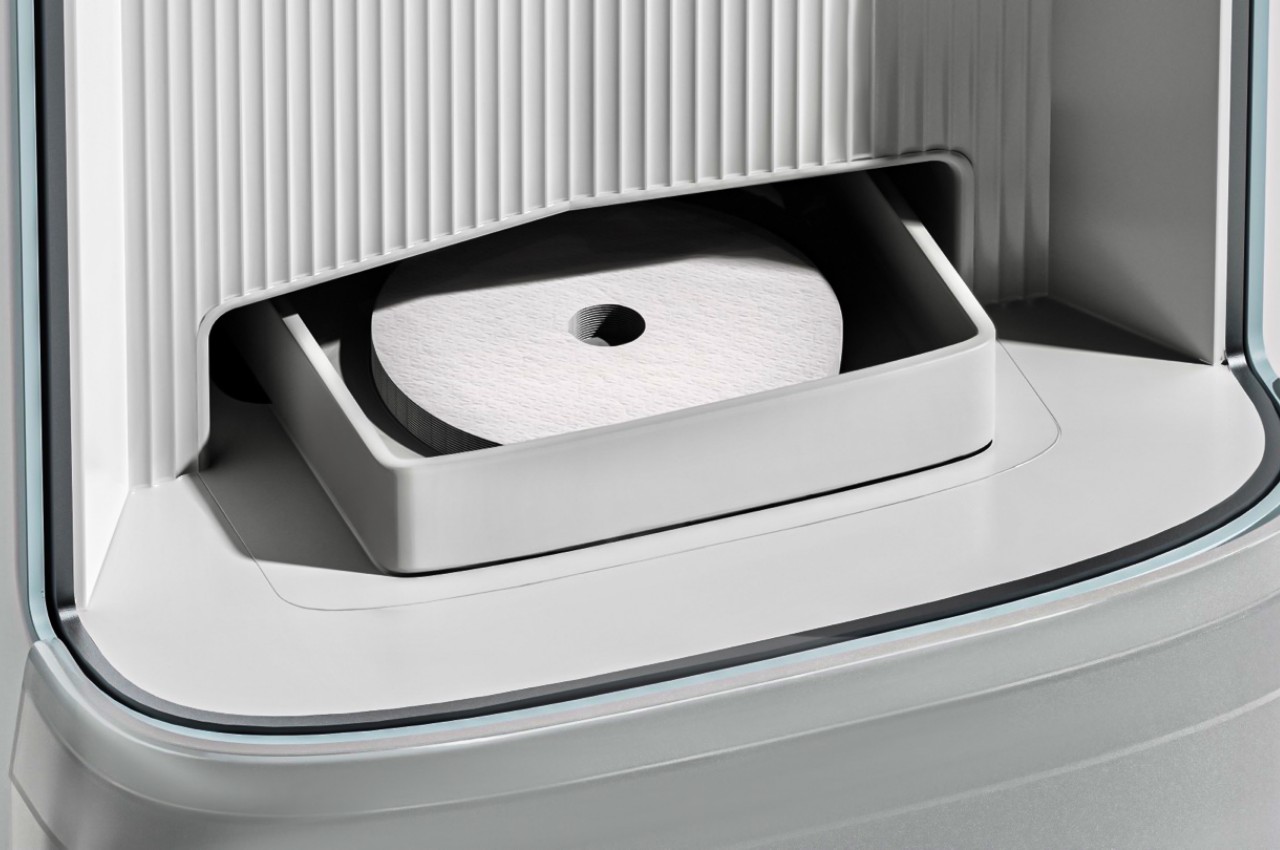
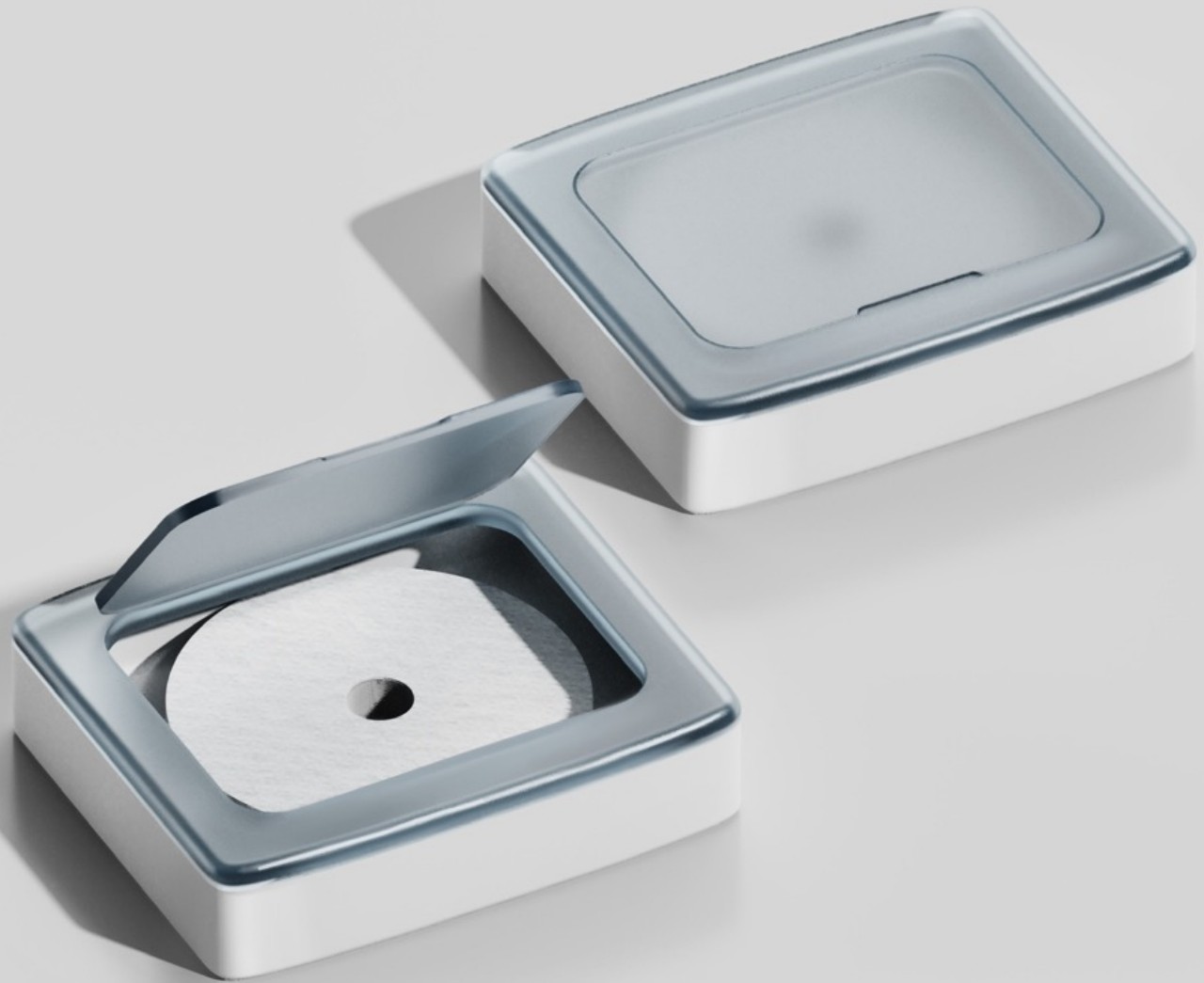
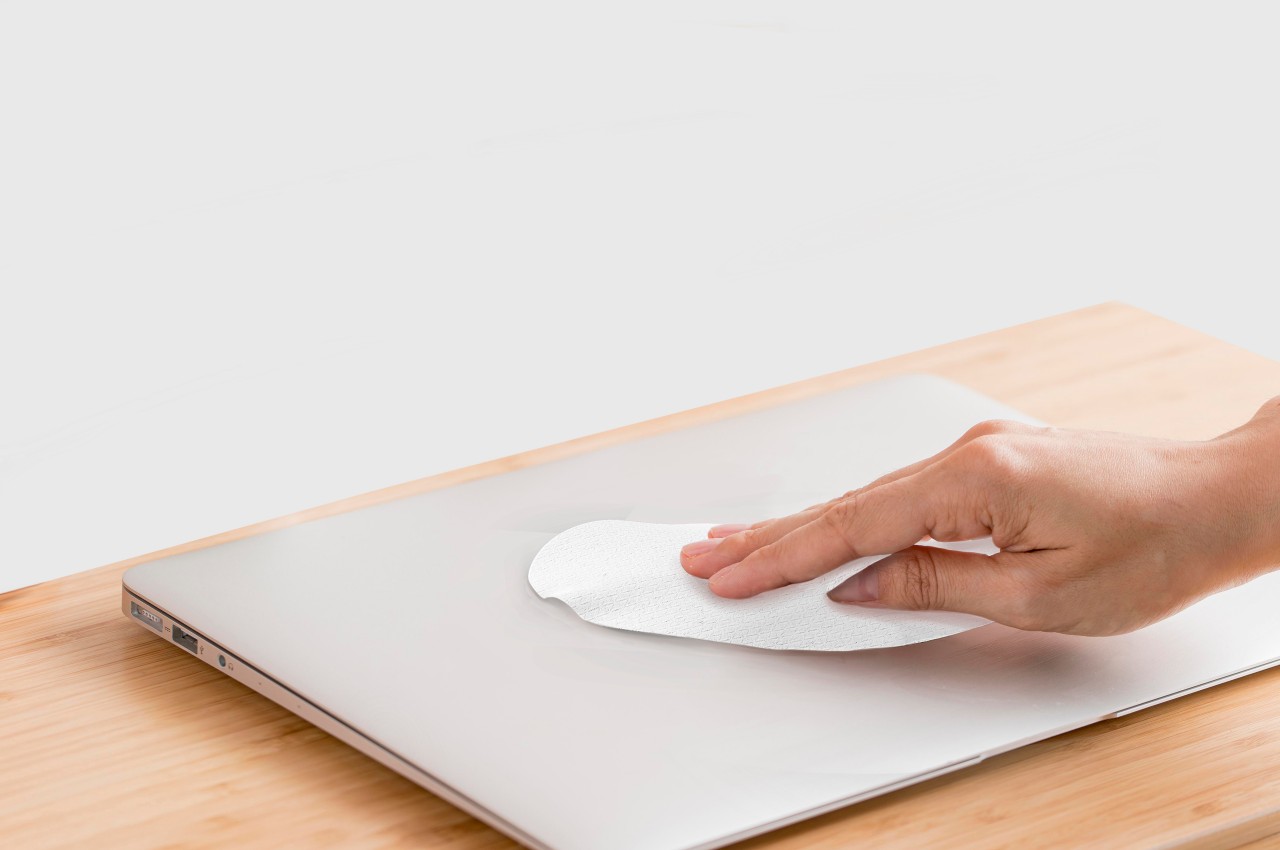
It’s definitely a creative way of solving the pollution problem of wet wipes, though some might have misgivings about reusing such materials over and over again. Then again, it’s really no different from washing rags, towels, or chamois, except everything is automated and regulated. Ideally, the wet tissues themselves can be made of more sustainable materials as well, but even if they were of the same composition as wet wipes, delaying their arrival in landfills and oceans can still have a positive impact on the environment.
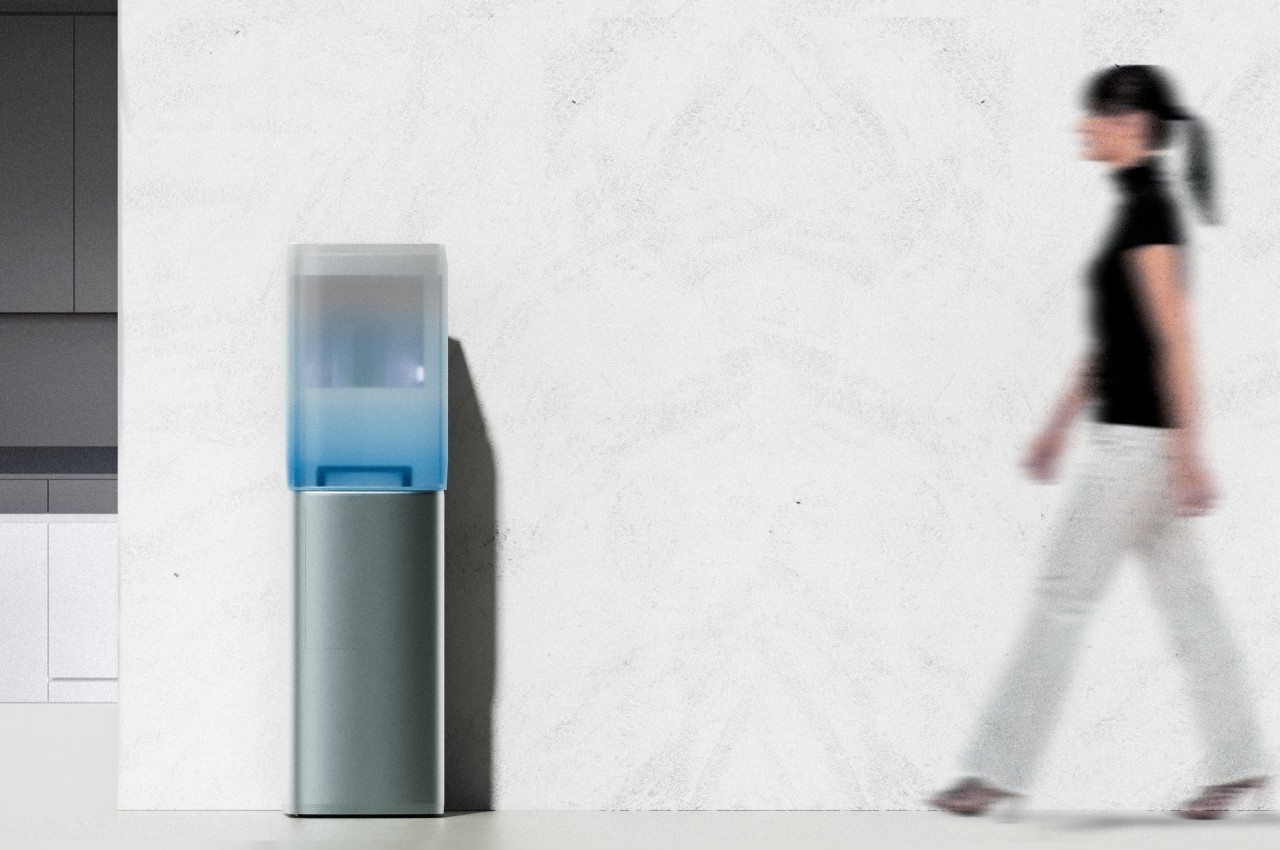
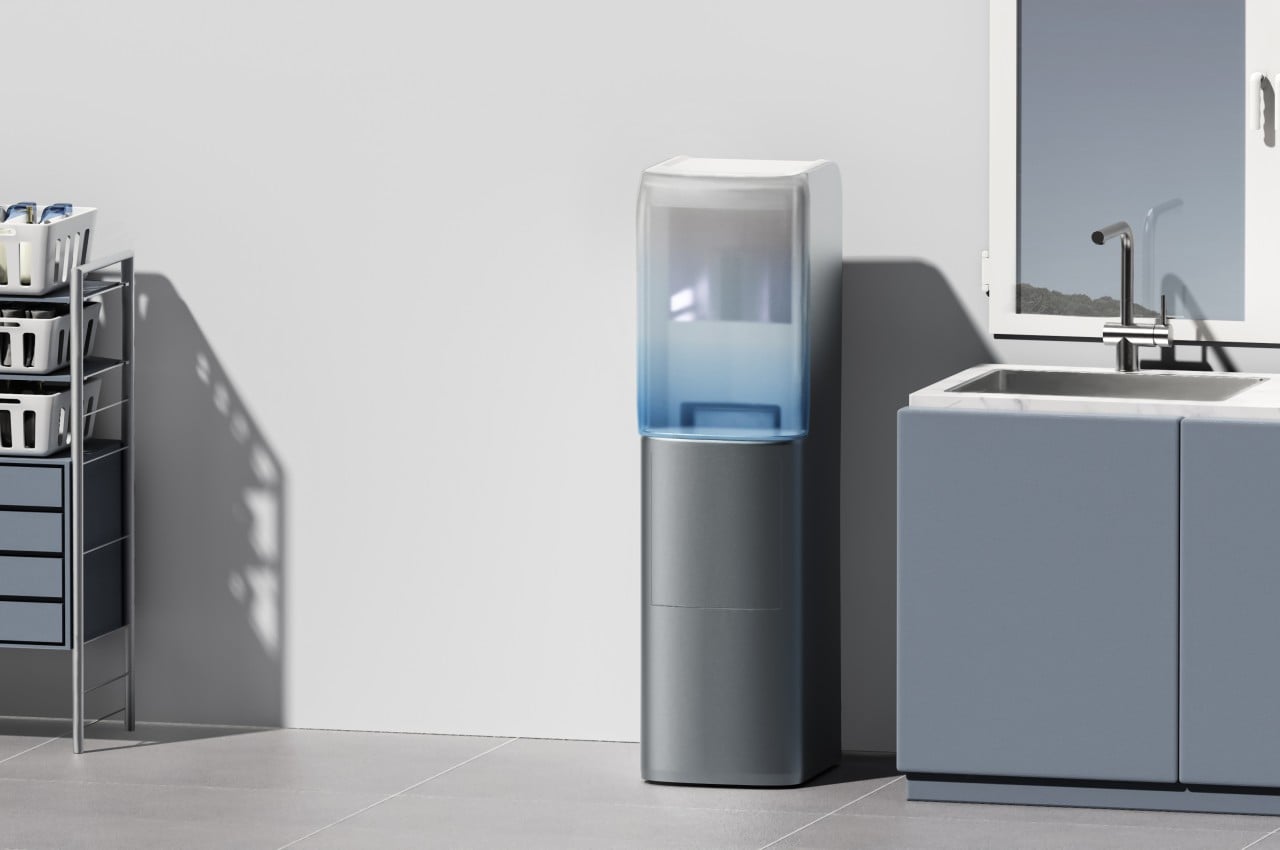

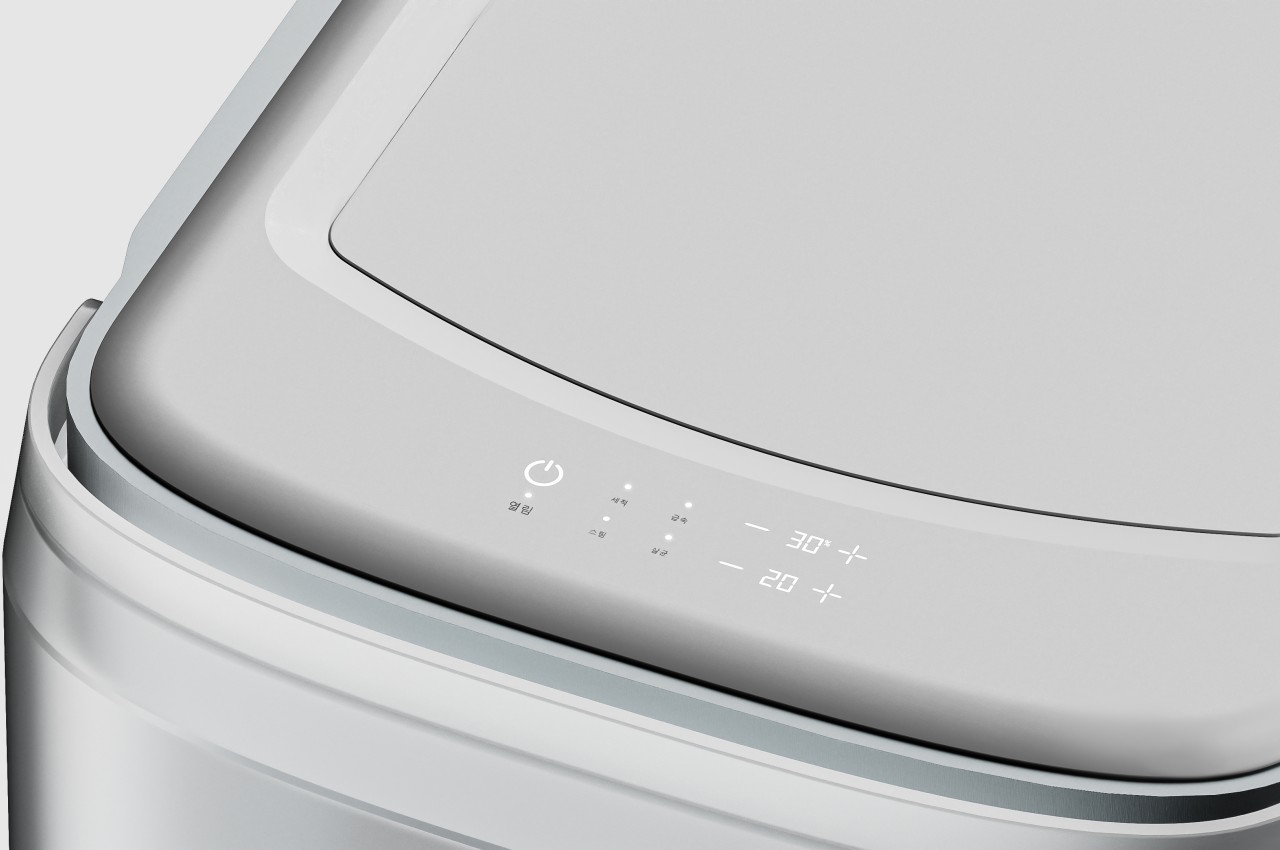
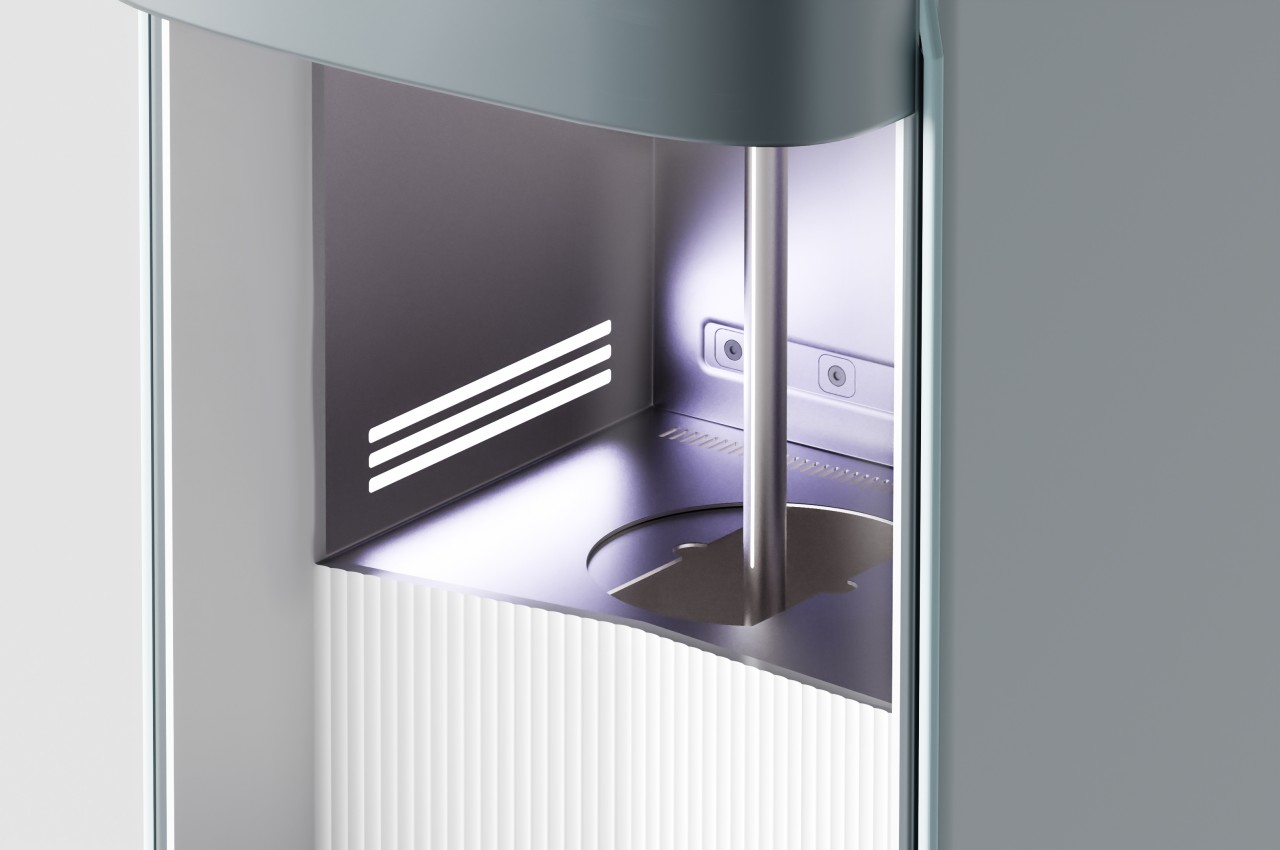
The post This reusable tissue cleaner concept offers a solution to wet wipes pollution first appeared on Yanko Design.










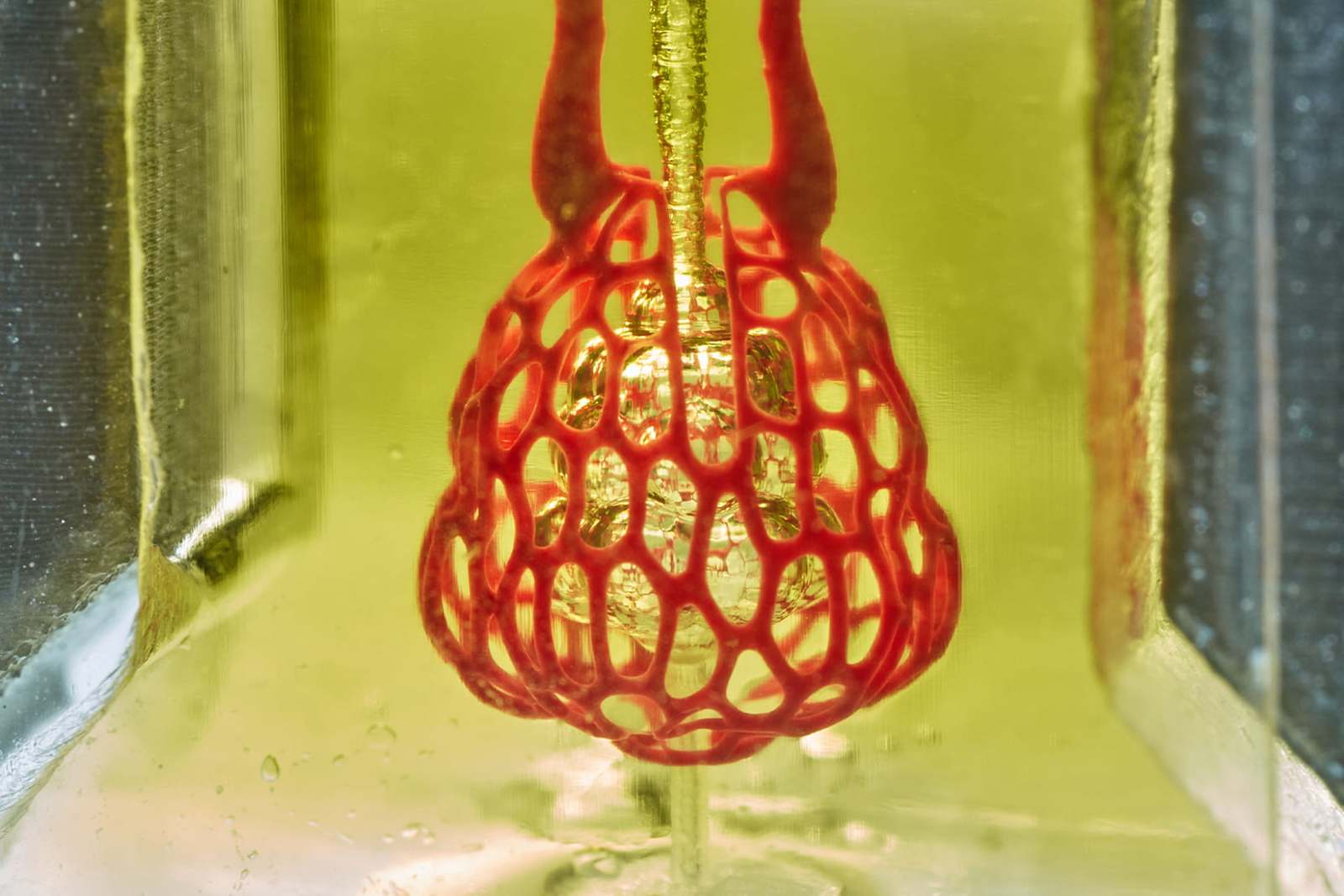 Bioengineers are one step closer to 3D printing organs and tissues. A team led by Rice University and the University of Washington have developed a tool to 3D print complex and "exquisitely entangled" vascular networks. These mimic the body's natural...
Bioengineers are one step closer to 3D printing organs and tissues. A team led by Rice University and the University of Washington have developed a tool to 3D print complex and "exquisitely entangled" vascular networks. These mimic the body's natural...


